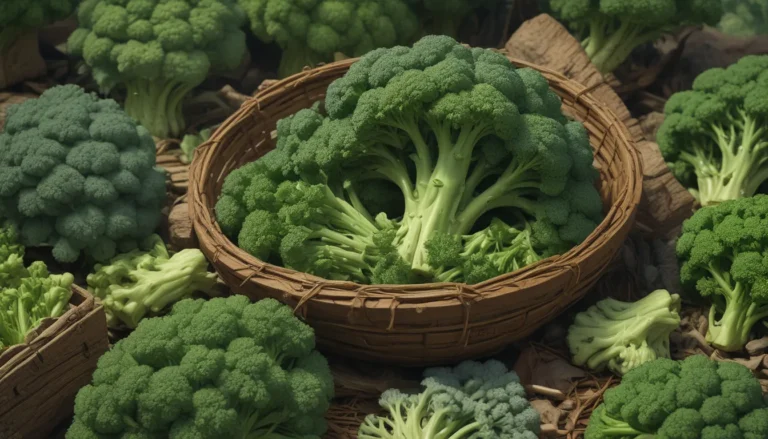Ultimate Guide to Winterizing Your Herb Garden: Tips for a Cozy Herb Haven

Are you a budding herb gardener looking to take your green thumb to the next level? Well, winterizing your herb garden is a crucial step to ensure the health and vitality of your prized plants when the colder months roll around.
Growing your own herbs is highly rewarding, with beds and containers full of tasty edibles, flowers, and fragrance – and winterizing your herb garden is a smart step to ensure their healthy return in spring.
In this comprehensive guide, we’ll walk you through the ins and outs of caring for your herb garden during the winter months. From fall fertilizing to hydration tips and container care, we’ve got you covered on all fronts. So, grab a cup of tea, cozy up, and let’s dive in!
What You’ll Learn
- General Care
- Fall Fertilizing
- Hydration
- Cleanup
- Container Care
- Annuals
- Herbaceous Perennials
- Woody and Semi-Woody Perennials
General Care
Before we get into specifics, let’s start with the basics of general cold-weather care for your herb garden.
Fall Fertilizing
Tender buds and new foliage that develop past August may not survive icy temperatures and may suffer cold damage, which can extend throughout affected plants and open them to disease.
Hydration
Drought-stressed plants entering dormancy are more susceptible to damage from cold, disease, wet conditions, and wind, and if they do survive until spring, they often emerge stunted and weakened.
Cleanup
Clean beds and containers by weeding and removing plant debris to reduce the risk of infections and pest infestations.
Container Care
All types of perennial herbs can be successfully overwintered in containers, with proper drainage and insulation to protect roots from freezing temperatures.
Annuals
Tender annuals like basil, coriander, and summer savory grow for a single season and should be disposed of after the first frost. But you can also bring them indoors for continued enjoyment throughout fall!
Herbaceous Perennials
Herbaceous perennials such as chives, mint, oregano, and tarragon require reduced watering and a thick layer of mulch to protect the roots from freeze-thaw cycles. Some varieties can be transplanted indoors for winter harvesting.
Woody and Semi-Woody Perennials
Woody and semi-woody perennials like bay, rosemary, sage, and thyme need special attention, including pruning, mulching, and protection from freezing temperatures. Consider potting them up and bringing them indoors for a cozy winter habitat.
Keeping It Cozy
Whether your winters are cold, wet, snowy, or icy, your herb garden will appreciate protection from the elements to stay cozy until spring. Use mulch to protect roots, move containers into sheltered locations, and cover foliage in freezing temperatures for vibrant new growth in the spring.
What tricks do you folks use to winterize your herb garden? Share your tips in the comments below!
For more info on herb gardening, be sure to check out these helpful guides:
- How to Start Your Own Herb Garden
- How to Grow Herbs in Containers
- Tips for Companion Planting in Your Herb Garden
With these tips and tricks in hand, your herb garden will be a thriving oasis even in the depths of winter. Happy gardening!





